This online resource teaches about the planets in the solar system.


This online resource teaches about the planets in the solar system.
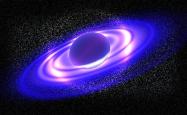
This online resource looks at cosmology.
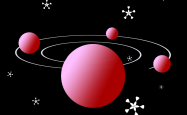
This online resource allows students to explore the Solar System.
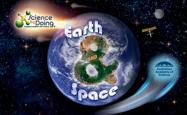
This online resource covers Year 7 Earth and space science.

This animation demonstrates why we have night and day.

This video explains the concept of free fall.
The resource is a video in which Catalyst's Dr Derek Muller reveals why objects are apparently weightless in space.

This video shows the effect of a vacuum on marshmallows.
The video could be used to reinforce the fact that space is a vacuum and explain why astronauts need to wear spacesuits.
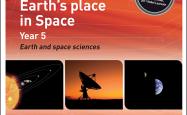
This unit of work covers Earth's place in the Solar System.
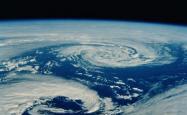
This is a colour image of an astronaut on a space walk.

This unit of work teaches students how night and day occur.
It has a heavy literacy focus, but sequences 1–6 deals with how night and day occurs.